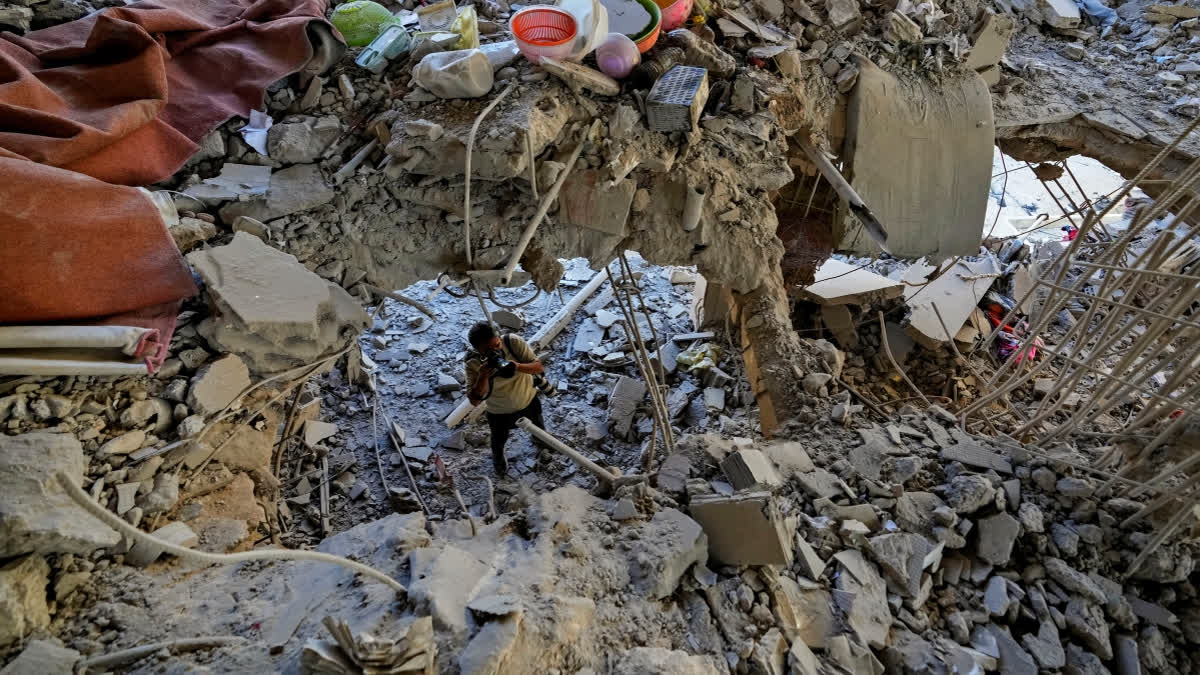Beirut: Hezbollah's deputy leader vowed to continue fighting Israel and said the militant group was prepared for a long war after much of its top command was wiped out, including its leader, Hassan Nasrallah. In his first speech since Nasrallah was killed, Naim Kassem said in a televised statement Monday that if Israel decides to launch a ground offensive, Hezbollah fighters are ready to fight and defend Lebanon, where the group is based.
As deputy secretary-general, Naim Kassem now is the acting leader of Hezbollah until the group's leadership elects a replacement for Nasrallah. Israeli strikes have killed Nasrallah and six of his top commanders in the last 10 days, and have hit what the military says are thousands of militant targets across large parts of Lebanon. Over 1,000 people have been killed in Lebanon, nearly a quarter of them women and children, according to the Health Ministry, and the government says the fighting may have displaced up to a million people.
Hezbollah has significantly increased its rocket attacks in the past week to several hundred daily, but most have been intercepted or fallen in open areas. Several people have been wounded in Israel. There have been no fatalities since two soldiers were killed near the border on Sept. 19.
Kassem said that despite the killing of Hezbollah’s top military commanders over the past months, Hezbollah now is relying on new commanders. "Israel was not able to affect our (military) capabilities,” Kassem said. “There are deputy commanders and there are replacements in case a commander is wounded in any post.”
Before he spoke, an airstrike leveled an apartment building and killed three Palestinian militants in central Beirut early Monday, as Israel appeared to send a clear message that no part of Lebanon is out of bounds. As recently as two weeks ago, such a strike, outside of the main areas where Hezbollah operates and next to a busy transportation hub, would have been seen as an escalation and likely followed by a long-range Hezbollah strike into Israel. But the unspoken rules of the long-running conflict, and Hezbollah's ability to respond, are no longer clear.
Israel has not claimed Monday’s strike but is widely assumed to have carried it out. It's possible that Hezbollah is holding back to avoid an even bigger escalation, including a threatened Israeli ground invasion. But the militant group might also be in disarray after Israeli intelligence apparently penetrated its highest levels.
The strike early Monday killed three members of the Popular Front for the Liberation of Palestine, a small, leftist faction that has not been meaningfully involved in months of fighting between Israel and Hezbollah.
